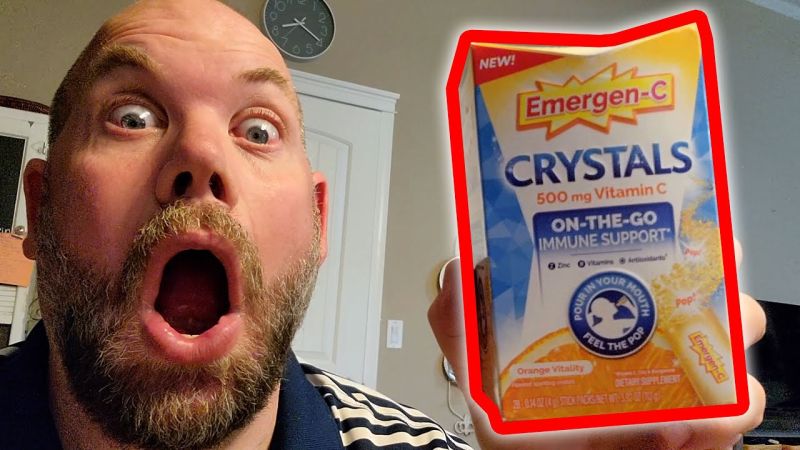
Food packaging labels offer information about nutrition, discern which products are certified organic or vegan, and identify ingredients using GMOs. Recently, a new label emerged to tell the story of a product’s carbon impact. With consumers demanding more transparency around environmental causes from companies than ever, CPG companies are in the spotlight. Research from the Carbon Trust shows that consumers are demanding a carbon label that demonstrates products are committed to analyzing and reducing their carbon impact. Several brands have responded by adopting a consumer-facing label that states the amount of carbon dioxide released during the lifecycle of a product. While plant-based foods stand the most to gain from this new labeling system because they are often more sustainably produced, we’re also seeing big companies jumping on board and setting the standard for environmental transparency. Quorn The plant-based meat alternative Quorn is sharing a carbon emission rating for its products. The label is prominently displayed in units above the nutritional facts, and the data is backed by the Carbon Trust. The company aims to have all of its products include this label by 2021.

Oatly Oatly was among the first brands to see success with oats as an alternative milk base, and now they’re further setting themselves apart on shelf with the use of a carbon label. The calculations for a product’s rating include everything in the product lifespan from farm to store and everything in between (like packaging and transport). The rating is prominently displayed on the front of every milk carton, with more information offered on their website.

Just SaladIt’s a relatively new practice for restaurants to include nutritional information on menus, but what about carbon emission ratings? In a step toward transparency and consumer education, the fast casual eatery Just Salad is now displaying carbon footprint labels to customers across their chain of locations.

Unilever The parent company that houses big brands ranging from food to cosmetics is committing to carbon labeling 70,000 of its products. Notably, the brand Upfield will label all of its plant based margarines, spreads and butters.

New Belgium BrewingFat Tire Ale just became the first beer to be certified carbon neutral by SCS Global Services. The brewery puts a high priority on lowering its greenhouse gas emissions, with plans to certify all of its beers as carbon neutral by 2030. This movement sets the standard for the craft brewing industry by showcasing their carbon emission reduction.As this movement gains traction, more companies will be expected to be transparent about their carbon emissions; and in effect, shift their production policies to appeal to customers who prefer more sustainably produced products. There is no federal uniform labeling certification as of yet, so labeling standards vary. While knowledge of how to read a carbon emission rating isn’t widespread, this is a first step toward creating a general awareness of carbon footprints for individually packaged products.
Other Articles
All ArticlesOther Articles
All ArticlesFuture proof your brand.
Contact Us
